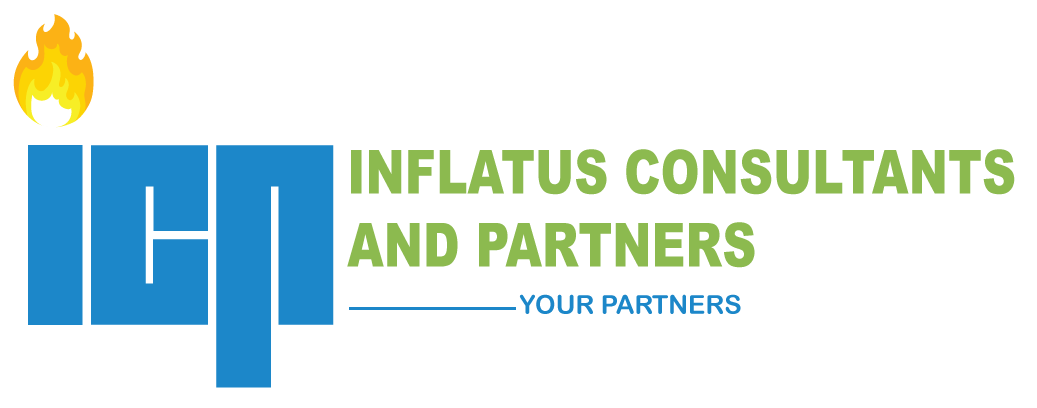HOW TO SELECT A COACH OR MENTOR
I begin this two-part series in which I offer suggestions on how to select a coach or mentor by focusing on how to select and work with a mentor for personal and professional growth. This is how to stand on the shoulders of giants.
To begin, I would like to quote from my previous post.
“One of my most productive staff members came to see me. She looked exhausted. After we chatted, I learned that she felt totally overloaded by a massive list of responsibilities. I asked her to list all her tasks and projects. Then I went through them with her and prioritized them. The effect was immediate: it was as if a giant weight had been removed from her. I can still picture the look of relief on her face when she realized that she could focus on what mattered most and let the other things wait.”
I don’t know how many of us have bosses like that. Most of us don’t. That is why we need to intentionally seek out a mentor for ourselves. Pay them if necessary. I know of a man who sold his cleaning business for one million dollars and used a third of it to pay a mentor. Today, he sits over several multi-million dollar businesses. That is the value of mentorship.
Who then is a mentor?
According to The National Academy of Science, Medicine and Engineering, the original Mentor, from Greek mythology, was described by Homer as the “wise and trusted counselor” whom Odysseus left in charge of his household during his travels.
However, in modern times, the concept of mentoring has found application in virtually every forum of learning. In the broad sense, a mentor is someone who takes a special interest in helping another person develop into a successful professional.
A mentor is a giant we admire, respect, and who is achieving the results that we aspire to achieve, and on whose shoulders we stand.
The mentoring relationship
To be effective, a mentoring relationship must be characterized by mutual respect, trust, understanding, and empathy. Good mentors share life experiences and wisdom, as well as technical expertise. They are good listeners, good observers, and good problem-solvers.
In general, however, the relationship must be based on a common goal: to advance the professional and personal growth of the mentee.
Multiple mentors.
No single mentor knows everything you might need to learn to succeed. Everyone benefits from multiple mentors of diverse talents, ages, and personalities.
So how do I find a mentor?
The first step is to identify the areas in which you need help to grow. You may not even be able to identify some of those areas if there are your blind spots.
Then look for people who have made their mark in those areas. But note that everyone may not may a good fit for you.
To this end CEO, author and entrepreneur Debby Carreau has suggested to consider the following in choosing a mentor.
- Determine exactly what you need: What skills do you need in the present and future?
- Weigh the mentor’s strengths and weaknesses. Nobody is perfect. Is this person going to complement your style or clash with it? Qualities to look for should include empathy, honesty and practiced communication skills, lateral thinking, lifelong dedication to learning, etc.
- Consider world views and values alignment. Carefully consider your proposed mentor’s outlook on life and your values before committing. The odds of finding someone who matches you 100 percent are slim but there must be alignment in key areas.
- The mentor must be a good listener. If he helps you to develop your own answers with insights rather than just his own strong opinions then that’s great. On the other hand, a mentor who does most of the talking and turns away your ideas regularly is a poor bet.
- Does this person challenge you? He should. You won’t learn anything new if your mentor doesn’t get you to consider new perspectives.
- Mutual Benefit. Mentors should get value out of your relationship as well as you. And some of these are obvious – gaining a successor, a new pillar of management in the company or a new business connection.
You may also need to consider if his pricing structure is affordable and transparent, where you need to pay.
Mentorship success
Dr. John Maxwell recommends that each party must contribute the following for the relationship to yield expected results.
MENTEE
- Possess a teachable spirit
- Always be prepared for the time you get with your mentor.
- Set the agenda by asking great questions.
- Demonstrate how you’ve learned from your time together.
- Be accountable for what you’ve learned.
MENTOR
The responsibility of the mentor is to add value to the mentee, to help them to become more than they are, not to try to make them something they’re not. The mentor should focus on:
- Strengths
- Temperament
- Track record
- Passion
- Choices
- Advice
- Support, Resources/People
- Game plan
- Feedback
- Encouragement
Mentorship, like coaching (which I will discuss next week), produces impressive results in both the lives and carriers of those concerned. According to the International Coaching Federation (ICF) those who partner with coaches report the following improvements:
- Self-confidence – 80%
- Relationships – 73%
- Communication skills – 72%
- Work performance – 70%
Mentorship is the way that most great men have been made. One of the greatest scientists of his time, Sir Isaac Newton, once said,
“If I have seen further than other men
it is because I have stood on the shoulders of giants”



This post is indeed very educative. Many thanks for sharing.
Sis. Cordellia,
Thank you and welcome to my blog.
Stay in touch as I address in issue of coaching next week.
Who is your mentor?
Give our love to your family?
God bless you